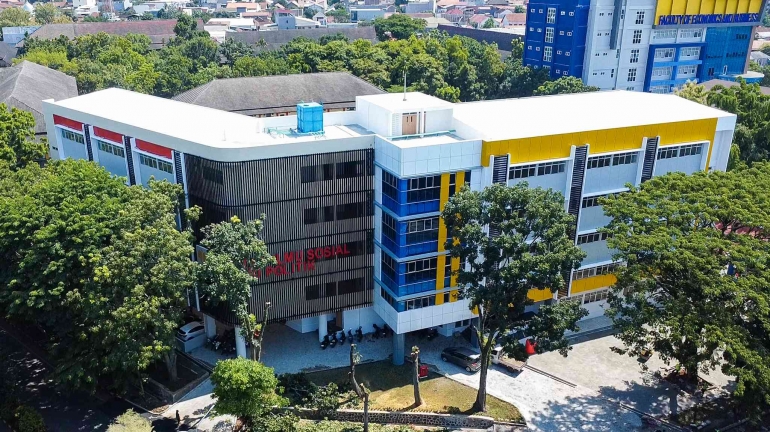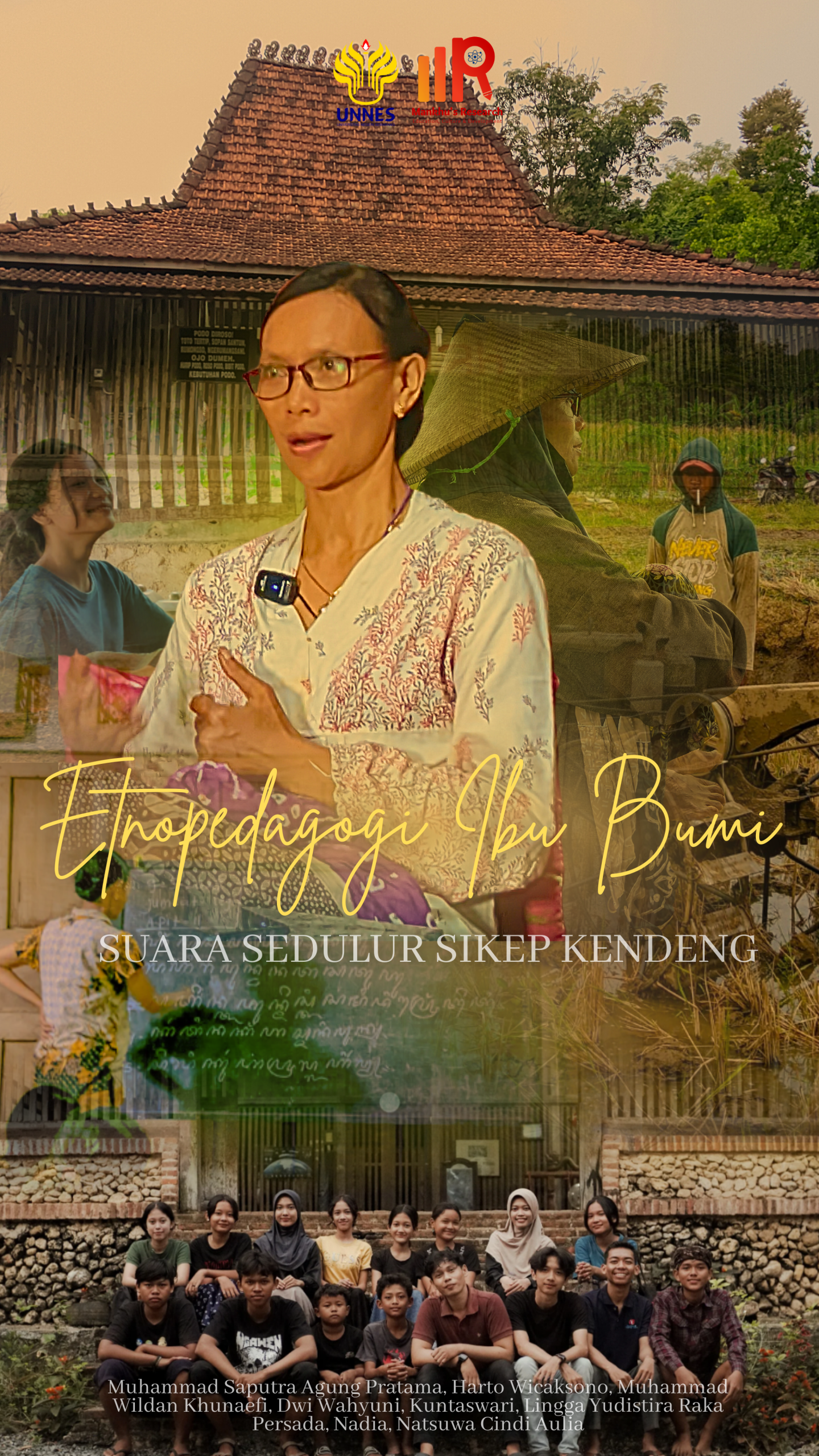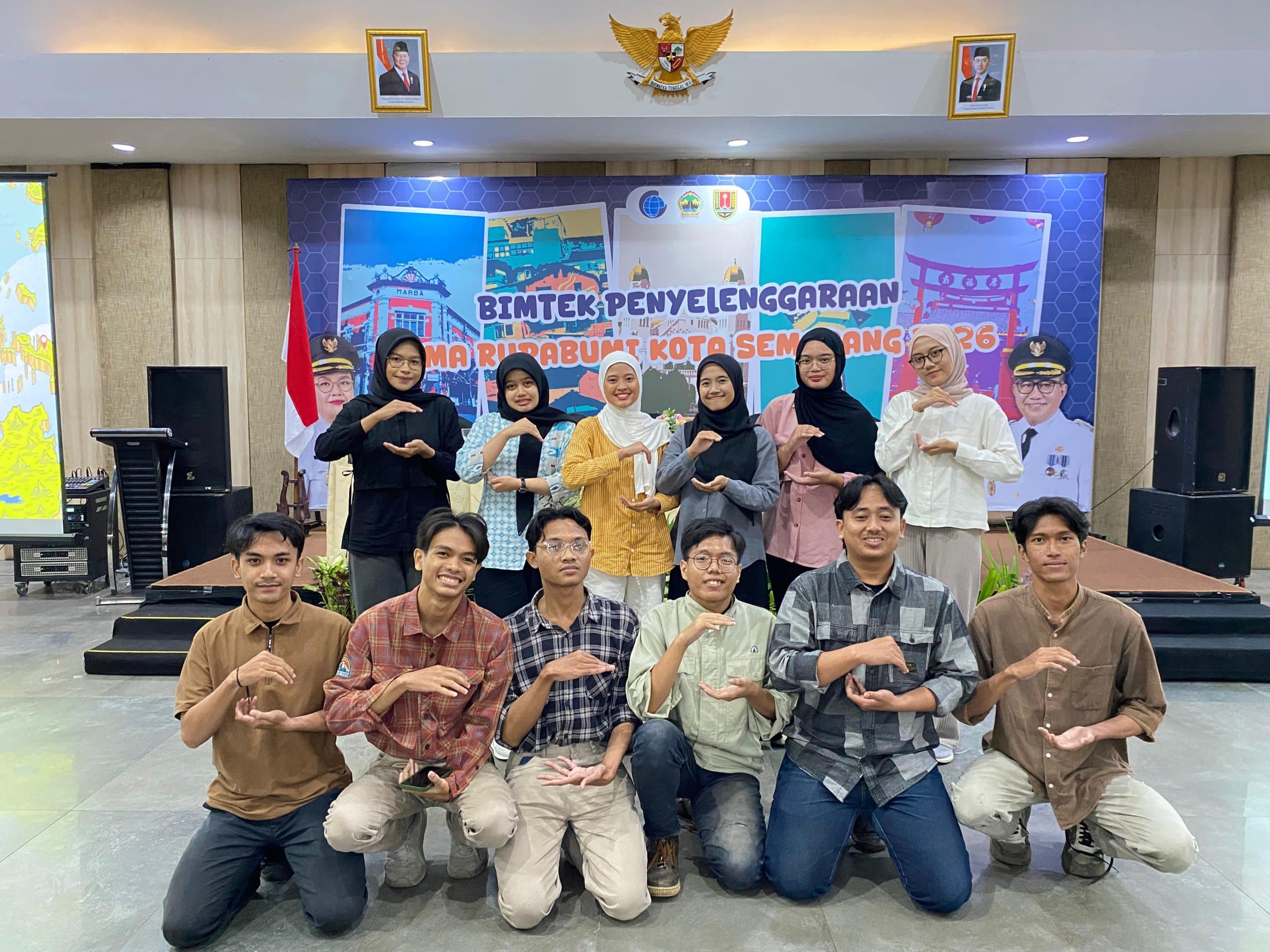According to Prasetya (2009:28), viewed from the point of view of Indonesian, culture comes from the Sanskrit “buddayah”, which is the plural form of buddhi, which means mind or reason. Culture is that complex that includes knowledge, belief, art, morals, law, customs, and any other capabilities and habits acquired by man as a member of society.
Cultural insight is the nation’s perspective on living up to the heights of national culture by not rejecting foreign cultural elements that can enrich national culture, elevate the degree of humanity of the Indonesian people, and lead to progress in adab, culture, and unity (Basic Provisions Concerning Taman Taruna Nusantara College Article 10).
The results of a human culture (mind) are divided into two types: material culture and immaterial (spiritual or mental) culture. The values reflected in cultural insights are tolerance, environmental care, and social care. The form of a culture itself can be in the form of physical culture, namely all the physical results of human work in society, which are very concrete in nature in the form of objects that can be touched, photographed, and seen. One example is museums.
A museum is a place or institution that collects, exhibits, and stores objects that can be sources of knowledge, such as history, art, the natural sciences, and so on. Apart from the famous Lawang Sewu, in the city of Semarang there is also a historical tour, namely the Ronggowarsito Museum. The Ronggowarsito Museum is a form of regional museum that exhibits many collections on the majesty, nobility, and diversity of cultural treasures in Central Java from prehistoric times to the development period. The Ronggowarsito Museum has 10 types of collections in the form of collections of geology, biology, ethnography, archaeology, history, numismatics, heraldics, ceramics, art, and technology.

The Ronggowarsito Museum, which was officially established on July 5, 1989, is Indonesia’s largest cultural center in the city of Semarang. Inside there are various collections of history, nature, archeology, culture, development eras, and insights from the archipelago. The name of this museum was inspired by one of the Indonesian poets who is also a well-known artist with his works in the field of philosophy and culture, namely Ronggowarsito.

In general, the visit to the Ronggowarsito Museum is an effort to increase students’ cultural literacy. In addition, students can also play a role in cultural conservation activities, both through disseminating information through social media and through activity reports that will later be published. So that with this activity, apart from students getting a new insight, it can also train students to be able to write according to standard linguistic rules, which can later be applied on various websites or journal sites.
Written by: Rafa Elysia Leandra, Tria Ulya Yahya, Jaka Putra Rahmajati, Ana Ristiani Maulia, Yosef Dwi Tio Wiranata, Putri Nur Rohmah, Arnovianza Candraningtyas, Siti Nur Jasmine, Alditya Nausar Priyanto, Putri Dwi Nuring Utami, Robicha Octa Kamalia



